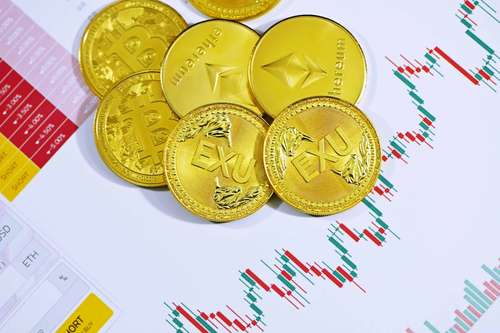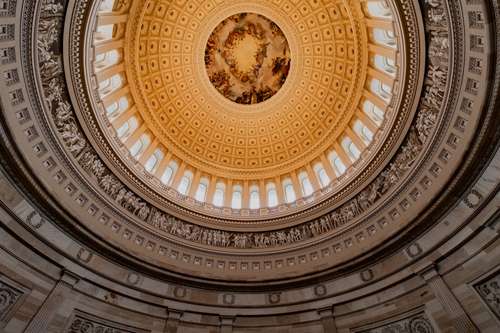PayPal is pro-crypto, and vice president Richard Nash said the company plans to promote as many digital services as possible, including CDBCs.
PayPal's vice president Richard Nash told CoinTelegraph in an interview at the World Economic Forum 2022 in Davos, Switzerland, that the business plans to integrate all cryptocurrencies, blockchain services, and CDBCs into its ecosystem.
In recent months, the corporation has significantly grown its support for numerous crypto payment options. PayPal introduced a crypto check-out service for 29 million merchants in March, allowing all shops to accept crypto payments from US clients in the form of Bitcoin, Ether, Bitcoin Cash, and Litecoin.
Despite the fact that PayPal was one of the first online payment service providers to offer cryptocurrency connections, Stripe only launched a new comprehensive solution to assist crypto firms with their payment operations this year.
PayPal has been making substantial moves towards crypto since last year, with a new crypto unit and the ability to pay with Bitcoin and Ethereum at over 29 million merchants.
After incorporating cryptocurrency payments in Q4 or 2020, PayPal CEO Dan Schulman revealed the expansion of the crypto part of his company in April 2021.
Crypto focus of PayPal’s mobile application Venmo
PayPal has dipped into the cryptocurrency world through its mobile payments program, Venmo, despite remaining silent about bitcoin services on social media and in key marketing venues.
They are diligent in advertising the crypto payment options available to all Venmo clients through the Venmo app. Schulman claimed in 2015 that he thought Venmo's social stream of transactions was the app's "secret sauce."
PayPal continues to investigate the potential of cryptocurrency on Venmo, where it provides educational information and step-by-step instructions to new cryptocurrency users. Venmo had over 83 million users at the end of 2021, according to EarthWeb.
PayPal, one of the largest payment companies in the world, has just joined the cryptocurrency and blockchain area. PayPal launched its crypto check-out service in March 2021, allowing merchants to accept cryptocurrency payments and introducing BTC buy and sell options in specific areas. PayPal is also rumored to be considering launching PayPal Coin, a stablecoin.
Users can invest as little as $1 in bitcoin using their existing PayPal account

Last year, the digital payments company made a huge push into crypto, and its platform now lets customers in the United States purchase, sell, hold, and pay with cryptocurrencies like bitcoin, ethereum, bitcoin cash, and litecoin. Customers can buy and trade cryptocurrencies through Venmo, PayPal's mobile wallet.
You don't need to register a separate account to deal in crypto coins, and you can start with as little as $1. However, the coins you're purchasing aren't legally yours.
"PayPal maintains the wallets," said Mike Bucella, managing partner at BlockTower Capital. "This implies you don't necessarily keep your own bitcoin."
When you buy bitcoin, you usually get two things: a public and private key pair and a certificate of ownership. The public key is your wallet's address, while the private key grants you access to it. You have access to your public address with PayPal, but the firm holds the secret key.
The business states in the app's "Crypto on PayPal FAQ" section that "the crypto in your account cannot be moved to other accounts on or off PayPal," which seems weird given that this is supposed to be an asset you own.
While the user's ability to use the asset is severely constrained, Bucella said that from a business standpoint, it makes perfect sense for PayPal.
"It eliminates a lot of the potential Know-Your-Customer (KYC)/anti-money laundering (AML) difficulties that some of the larger players have in managing wallet-to-wallet transfers that aren't on their platform," says the company.




